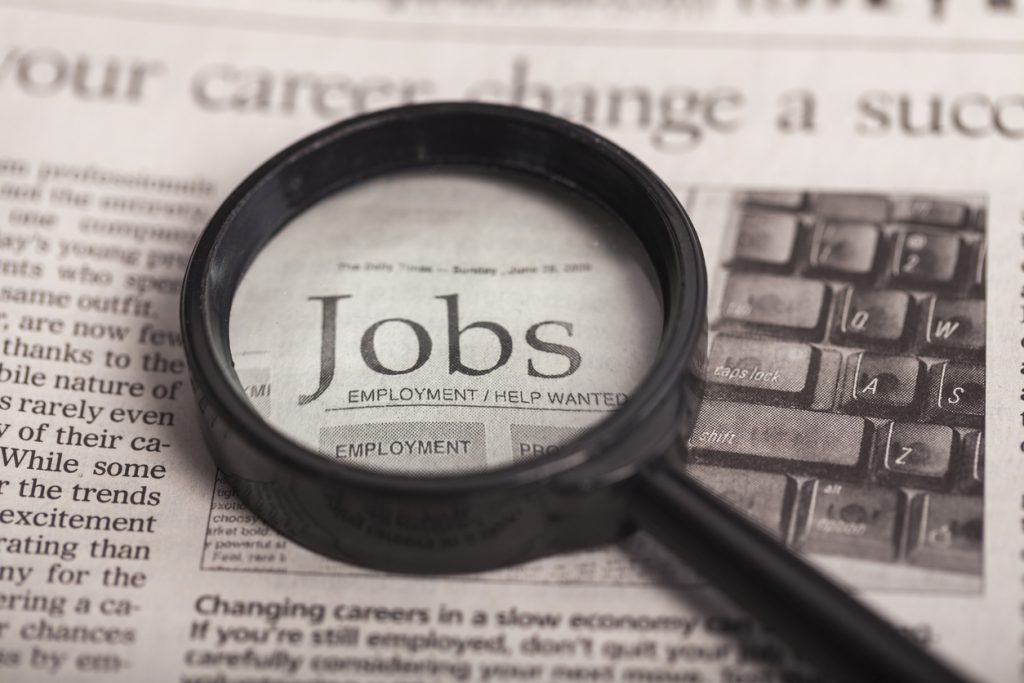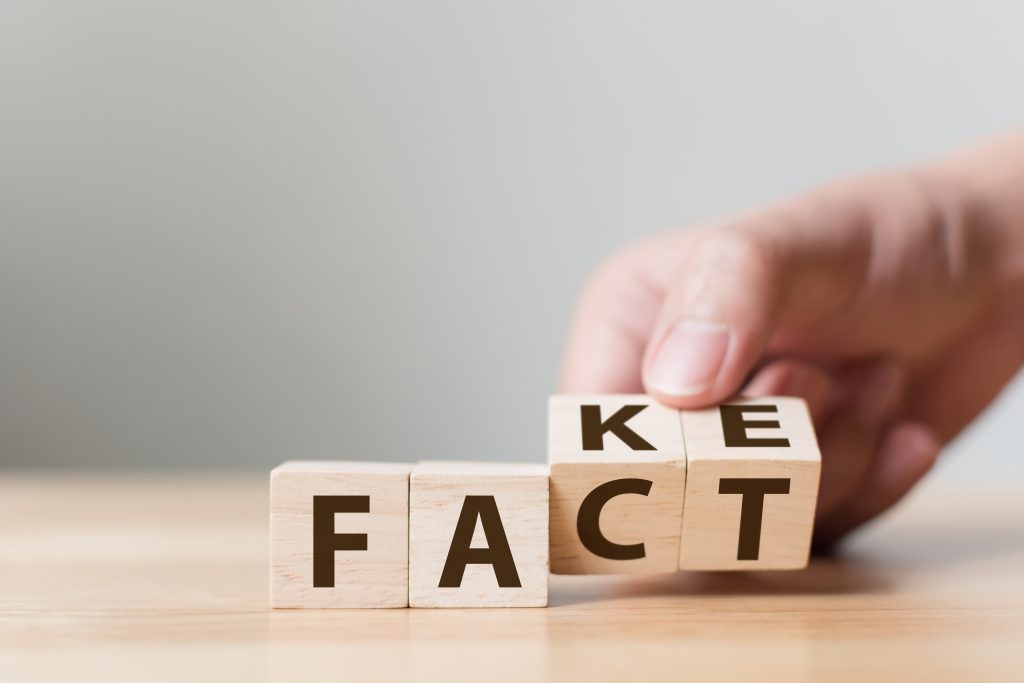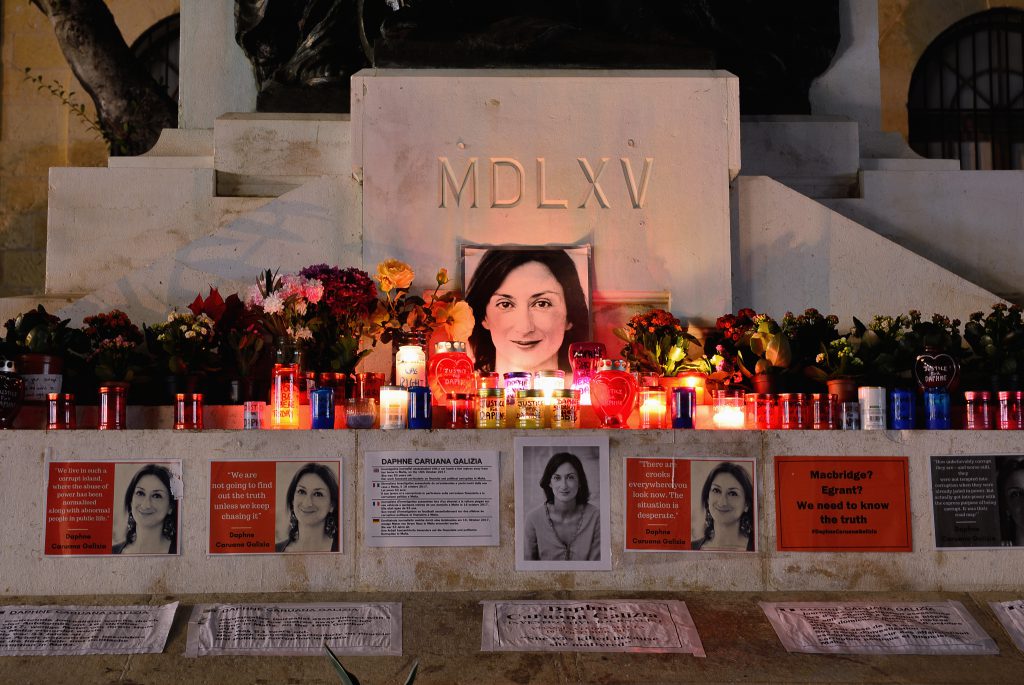Archive for Editorial
Despite the institutions not because of them
The defunct Ta’ Xbiex-based Pilatus Bank was back in the news recently following a € million fine slapped by government’s anti-money laundering agency (FIAU). Subsequently there was the arraignment of…
Malta’s employment bubble
Malta is more than ever the land of ‘opportunity’. The land where even if you lack basic skills or lack any motivation to get some sort of qualification, there is…
A threat to Malta’s democracy
Attempts to con people into believing fabricated stories through the use of mirror news portals, fake email accounts or blogs is a very serious threat to democracy in Malta. The…
Gozo’s connectivity
Remarks made recently in The Malta Business Weekly by Gozo Tourism Association CEO Joe Muscat against the planned underwater link took some by surprise. However, momentum behind this project is…
On again, off again!
Sleepless nights in sweltering heat, no internet, no television and food rotting in the freezer have been the main highlights of a very miserable summer for those who experienced the…
Unpaid full-time volunteers deserve better
This time of the year many take a long and deserved break. Though Covid-19 has restricted travel, there is still the possibility to unwind for a few days either by…
Daphne was right and how!
The conclusions of the public inquiry into the State’s role in the murder which led to the brutal assassination of Daphne Caruana Galizia could not be more damning. Just as…
Justice delayed is justice denied
The recent rule of law report issued by the European Commissioner has once again highlighted the “serious challenges remain as regards the efficiency of the justice system, in particular the…
Reading the signs of the times
It is an open secret that the Maltese are, generally, not a reading nation. The advent of television and subsequently social media only served to make the situation worse. Such…
The Correctional Facility – a misnomer
The Corradino Correctional Facility has become a misnomer. The fact that in the last three years alone 12 inmates have died while serving time in prison says it all. The…










